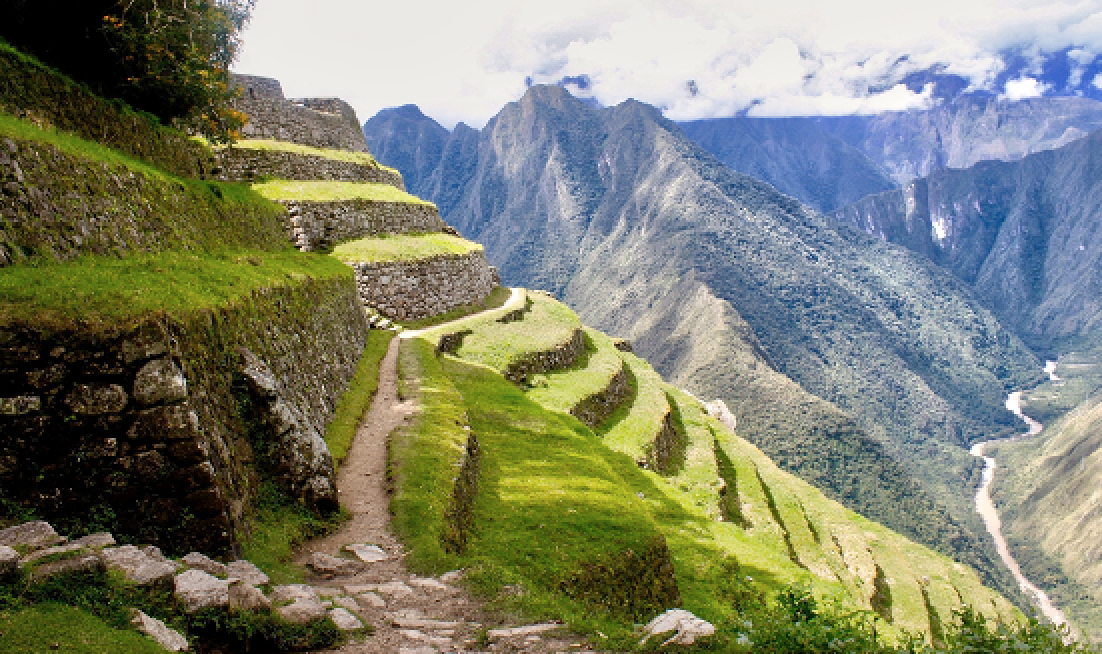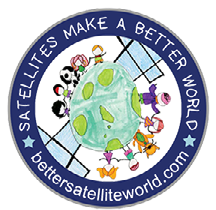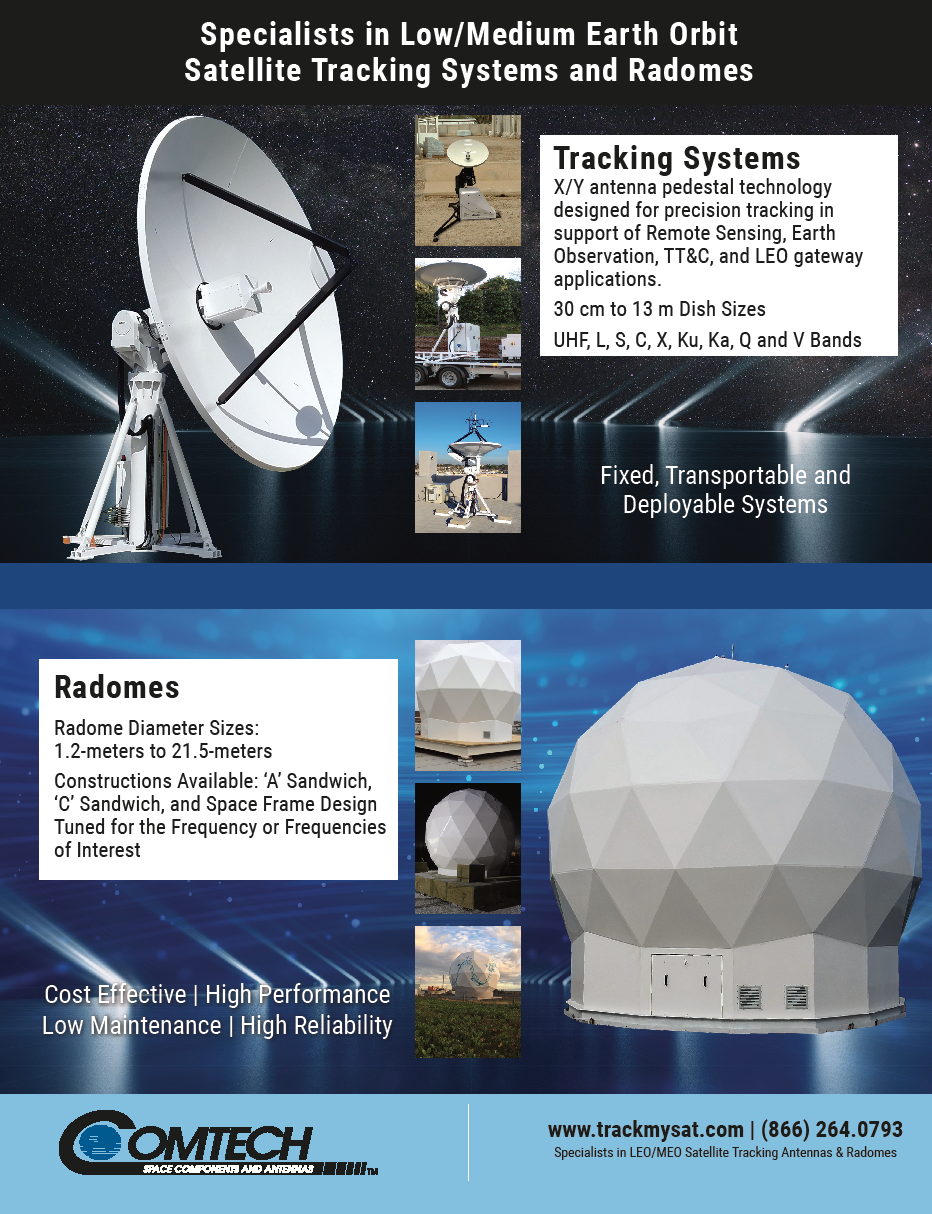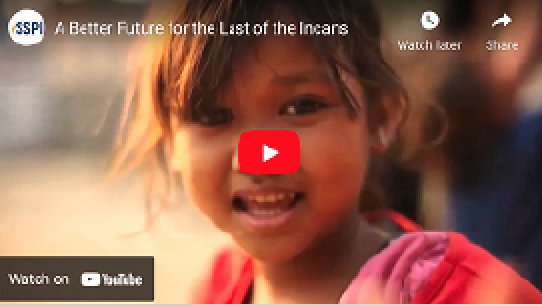Building a Better Future.
High in the sky, amid Peru’s tallest mountains, live a people from another time — they are called the Q’eros and they are the last traditional community of the Incan nation.

Life at high altitude is hard. The Q’eros raise animals and farm the rugged land as their ancestors did and their lives have long been marked by food insecurity, high child mortality rates and poor education. The Peruvian government calls them the “wisdom keepers of the Andes,” and they live on the margins of society — even those Incans who fled from the mountains to seek a better life.
In 2010, a student named Hannah Rae Porst came to live with the Q’eros for a university project. When her research came to an close, she asked villagers how she could thank them for their hospitality. What they needed most, they told her, was a school.
Sacred Wisdom For Modern Times
That conversation stayed with Hannah Rae and, after returning to America, she began raising money. Within a year, she was able to launch construction of the school — and also moved to Peru. To keep the improvements coming, she founded a charity called Willka Yachay, which means “sacred wisdom” in Quechua, the language of the Q’eros.
Over the next several years, Willka Yachay helped the community build more schools, centers for adult learning and health, fishponds and greenhouses. Each brought new opportunity to the Q’eros.
However, while making life better for them, the charity also wanted to preserve the culture that gave meaning to their lives. That would require more than building projects. Willka Yachay went in search of a way to bring the internet to the Q’eros.
She found Kidnected World, a non-governmental organization (NGO) that delivers interactive education to indigenous children in the Americas and Africa with the help of a company called Speedcast.
Speedcast is a global communications and IT service provider and serves thousands of energy platforms and mines, cargo and cruise ships, governments and businesses, around the world.
Willka Yachay’s needs were small, but the company was intrigued. Speedcast advised the charity on buying the correct technology and sent staff to install the necessary technology and components. The company also donated a year’s worth of satellite internet service.
Community Lifeline
The internet helped to build a better future for the Q’eros. The internet brought medical advice for the sick and connections with distant family members. It connected teachers from far away and they taught the math, physics and engineering that was required for building projects to continue to improve the Q’eros’ quality of life.
At the same time, the internet service encouraged the traditions of the Q’eros. Craftspeople began to sell traditional woven goods online to a global market. Kidnected World donated their online platform of tools, meetups and content, and Q’eros youngsters found new ways to celebrate and share their culture with others around the world.
When COVID19 reached Peru, the government imposed a strict quarantine on indigenous groups — the internet connection became the community’s lifeline. With reliable internet service, the Q’eros have been able to stay safely sheltered in their high mountains — but remain connected to the world.
Life at high altitude is hard. The Q’eros raise animals and farm the rugged land as their ancestors did and their lives have long been marked by food insecurity, high child mortality rates and poor education. The Peruvian government calls them the “wisdom keepers of the Andes,” and they live on the margins of society — even those Incans who fled from the mountains to seek a better life.
In 2010, a student named Hannah Rae Porst came to live with the Q’eros for a university project. When her research came to an close, she asked villagers how she could thank them for their hospitality. What they needed most, they told her, was a school.
Sacred Wisdom For Modern Times
That conversation stayed with Hannah Rae and, after returning to America, she began raising money. Within a year, she was able to launch construction of the school — and also moved to Peru. To keep the improvements coming, she founded a charity called Willka Yachay, which means “sacred wisdom” in Quechua, the language of the Q’eros.
Over the next several years, Willka Yachay helped the community build more schools, centers for adult learning and health, fishponds and greenhouses. Each brought new opportunity to the Q’eros.
However, while making life better for them, the charity also wanted to preserve the culture that gave meaning to their lives. That would require more than building projects. Willka Yachay went in search of a way to bring the internet to the Q’eros.
She found Kidnected World, a non-governmental organization (NGO) that delivers interactive education to indigenous children in the Americas and Africa with the help of a company called Speedcast.
Speedcast is a global communications and IT service provider and serves thousands of energy platforms and mines, cargo and cruise ships, governments and businesses, around the world.
Willka Yachay’s needs were small, but the company was intrigued. Speedcast advised the charity on buying the correct technology and sent staff to install the necessary technology and components. The company also donated a year’s worth of satellite internet service.
Community Lifeline
The internet helped to build a better future for the Q’eros. The internet brought medical advice for the sick and connections with distant family members. It connected teachers from far away and they taught the math, physics and engineering that was required for building projects to continue to improve the Q’eros’ quality of life.

At the same time, the internet service encouraged the traditions of the Q’eros. Craftspeople began to sell traditional woven goods online to a global market. Kidnected World donated their online platform of tools, meetups and content, and Q’eros youngsters found new ways to celebrate and share their culture with others around the world.
When COVID19 reached Peru, the government imposed a strict quarantine on indigenous groups — the internet connection became the community’s lifeline. With reliable internet service, the Q’eros have been able to stay safely sheltered in their high mountains — but remain connected to the world.
Produced for SatMagazine by Space & Satellite Professionals International. See more stories and videos of satellite making a better world at —
www.bettersatelliteworld.com.



